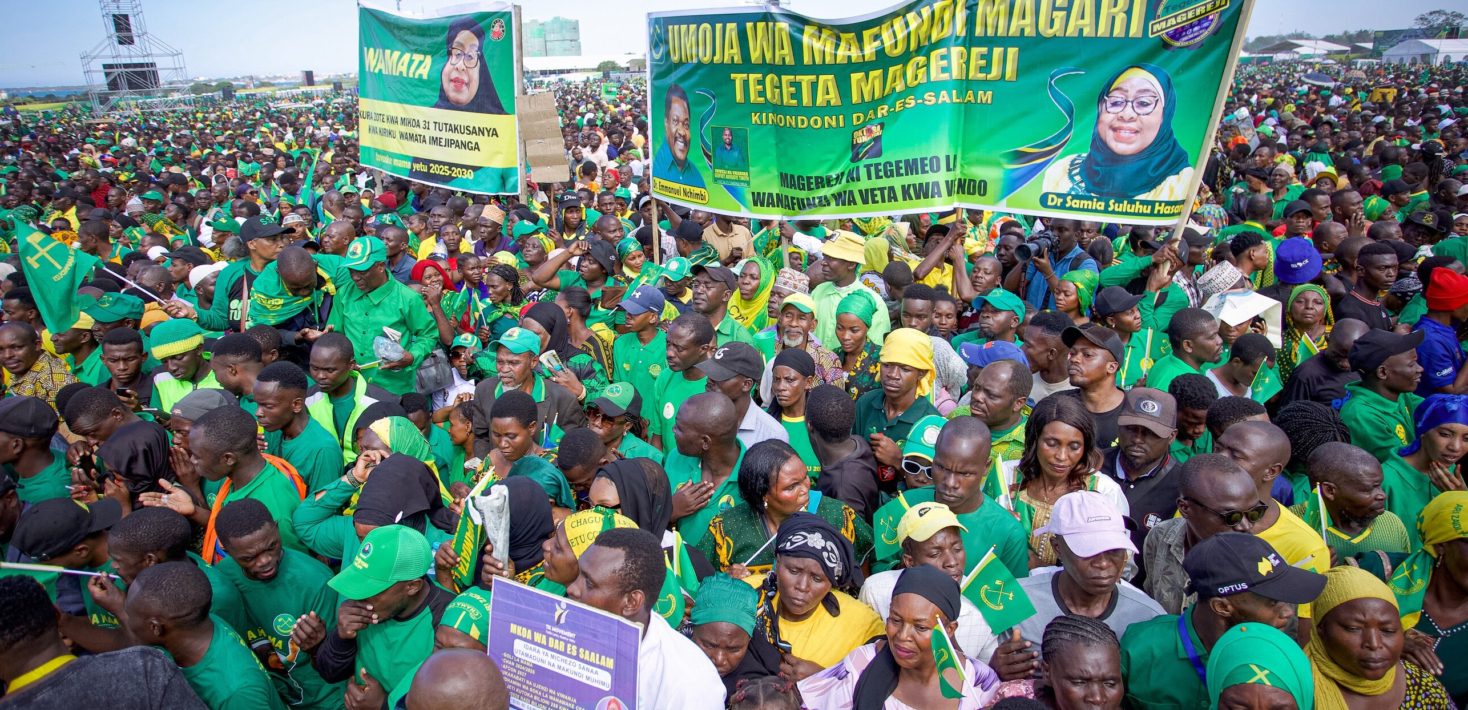General election day in Tanzania came with a disruption of mobile data and social media platforms.
So, what happened? On Wednesday morning, citizens noticed that mobile data slowed down and messaging apps like WhatsApp and Facebook were only reachable with a virtual private network (VPN). By noon, network data from NetBlocks, an observatory that tracks network disruptions and shutdowns, showed that connectivity dropped by almost 90% compared to the previous week, and somehow, the blackout coincided with the opening of polling stations and the emergence of protests in parts of the country.
Why does this matter? When a country is voting, information should move freely; it is everyone’s right. Citizens use special media to verify results, share incidents, report irregularities, and share memes. Blocking internet access turns a public event like this into something that has to be guessed, giving room for rumours to travel and trust to erode.
Tanzania has a long, complicated relationship with the internet. During the 2020 general election, authorities restricted access to WhatsApp, Twitter (now X), and Telegram, where telecom operators were ordered to suspend bulk SMS and voice services. In May 2025, X faced repeated blocks, with moral concerns cited as the reasons for the restriction.
The pattern (inserts Doakes meme): Each time political tension rises, connectivity falls. Every shutdown proves how much people rely on the internet to see their democracy in action. And the more that plug is pulled, the clearer it becomes that someone is afraid of what access to the internet might reveal.
Crédito: Link de origem


